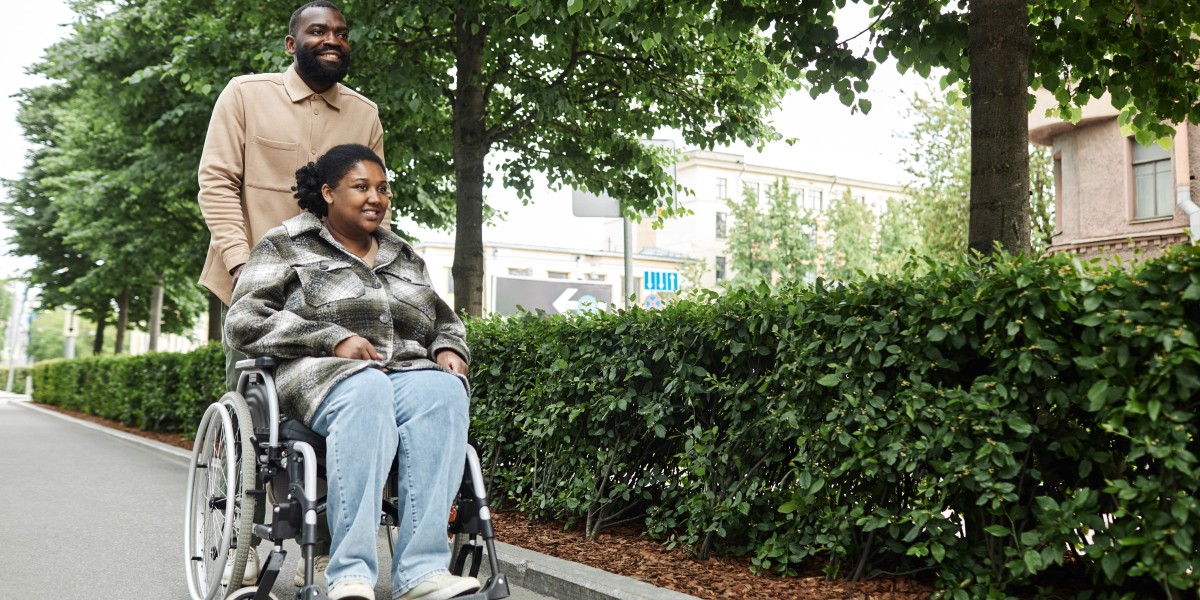Exploring Disability Scooters for Sale Near Me: A Comprehensive Guide
In the modern-day world, mobility help have actually ended up being progressively sophisticated and available, boosting the quality of life for individuals with disabilities. Amongst these help, disability scooters stand apart as a versatile and efficient solution, providing flexibility and independence to those who may discover conventional walking help restricting. This post explores the world of disability scooters, exploring how they work, the benefits they supply, and where to find them for sale near you.
What Are Disability Scooters?
Disability scooters, also known as mobility scooters or electric scooters, are motorized vehicles created to assist people with mobility concerns. These scooters are generally equipped with a seat, handlebars for steering, and a variety of functions that enhance convenience and safety. They are powered by rechargeable batteries and can be used both inside and outdoors, depending upon the model.

Types of Disability Scooters
Three-Wheeled Scooters
- Pros: More maneuverable in tight areas, lighter and frequently simpler to transfer.
- Cons: Less steady on uneven surfaces, may feel less safe and secure for some users.
Four-Wheeled Scooters
- Pros: Greater stability and balance, much better for outside usage, especially on rough surface.
- Cons: Less maneuverable in tight spaces, usually heavier and harder to carry.
Travel Scooters
- Pros: Designed for easy disassembly, making them perfect for travel.
- Cons: May have a much shorter range and lower speed compared to full-sized designs.
Sturdy compact Scooters
- Pros: Built to support higher weight capacities, typically more resilient and sturdy.
- Cons: Heavier and less portable, might require more upkeep.
Standing Scooters
- Pros: Provide an alternative for users who choose or require to stand.
- Cons: Less typical, may not be as comfortable for long-term usage.
Benefits of Disability Scooters
Enhanced Mobility
- Disability scooters make it possible for users to take a trip longer distances and browse different environments with ease, from supermarket to outside parks.
Increased Independence
- By lowering the need for help, these scooters empower users to preserve their independence and perform day-to-day activities more easily.
Improved Quality of Life
- Scooters can substantially boost social and recreational activities, enabling users to participate in community events and preserve a more active way of life.
Affordable
- Compared to other mobility aids like power wheelchairs, scooters are typically more economical and have lower maintenance costs.
Adjustable
- Lots of scooters included alternatives for customization, consisting of adjustable seats, speed settings, and additional safety functions.
Where to Find Disability Scooters for Sale Near Me
When trying to find disability scooters for sale, there are several choices offered to guarantee you find the ideal suitable for your requirements.
Regional Mobility Aid Stores
- Pros: Opportunity to test drive and see the scooters face to face, well-informed personnel for personalized suggestions.
- Cons: Limited choice compared to online stores, may be more expensive due to overhead costs.
Online Retailers
- Pros: Wide range of designs and brand names, frequently more competitive rates, convenience of shopping from home.
- Cons: Can not check drive before buying, prospective shipping costs and delays.
Specialized Dealers
- Pros: Specialized in mobility help, typically use prolonged service warranties and financing options.
- Cons: May be more expensive, fewer physical places.
Second-Hand Markets
- Pros: Affordable alternatives, chance to check and check the scooter before buying.
- Cons: Limited warranty, might require maintenance or repair work.
What to Consider When Buying a Disability Scooter
User Needs and Abilities
- Physical Condition: Consider the user's strength, mastery, and stability.
- Way of life: Think about where the scooter will be used most frequently (inside your home, outdoors, both).
Scooter Features
- Range and Battery Life: Ensure the scooter can manage the distances you need to travel.
- Speed and Maneuverability: Choose a scooter that matches your speed choices and the spaces you navigate.
- Weight Capacity: Verify that the scooter can support the user's weight.
- Storage and Transport: If you require to transport the scooter, search for designs that are light-weight or easy to disassemble.
Security and Comfort
- Braking System: Check for trustworthy and responsive brakes.
- Seating: Opt for a comfy and adjustable seat.
- Lighting and Accessories: Consider functions like headlights, turn signals, and baskets for included benefit.
Budget plan and Financing
- Initial Cost: Compare rates from various merchants.
- Maintenance Costs: Factor in the expense of batteries, repair work, and routine maintenance.
- Funding Options: Some dealers provide financing or lease-to-own programs.
Warranty and Support
- Guarantee: Look for an extensive warranty that covers both parts and labor.
- Customer Support: Ensure the retailer provides trustworthy customer care and support.
Frequently Asked Questions About Disability Scooters
Q: Are disability scooters covered by insurance coverage?
- A: Many insurance coverage policies, including Medicare, can cover a portion of the cost of a disability scooter. However, protection varies, so it's necessary to contact your provider for particular information and requirements.
Q: How frequently do I need to charge the battery?
- A: The frequency of battery charging depends on the design and usage. Typically, you must charge the battery after each use or a minimum of once a week if the scooter is not used day-to-day.
Q: Can I utilize a disability scooter on public transportation?
- A: Yes, lots of disability scooters are designed to be easily transportable and can be utilized on public transport, such as buses and trains. However, it's a great idea to inspect the specific rules and regulations of your regional transit authority.
Q: Are there any age constraints for using disability scooters?
- A: There are no strict age constraints, but users ought to have the ability to run the scooter safely. Numerous scooters are designed for older adults, but they can be used by anyone who requires assistance with mobility.
Q: Can I customize a disability scooter to fit my specific needs?
- A: Many scooters use modification options, such as adjustable seats and speed settings. For more comprehensive adjustments, it's best to talk to an expert mobility help supplier.
Tips for Buying a Disability Scooter
Research Thoroughly
- Check out Reviews: Look for reviews from other users to get a sense of the scooter's performance and reliability.
- Compare Models: Consider different models and brand names to find the one that best satisfies your requirements.
Test Drive Before Buying
- If possible, test drive the scooter to ensure it feels comfy and fulfills your requirements.
Request Professional Advice
- Seek advice from a doctor or mobility help expert to get tailored recommendations.
Look For Local Incentives
- Some local governments and organizations offer incentives or aids for acquiring disability scooters. Check with your local disability services for more details.
Consider Future Needs

- Think of any possible changes in your physical condition that may affect your scooter needs in the future.
Disability scooters are a valuable tool for boosting mobility and independence for people with disabilities. By thinking about the user's requirements, the features of the scooter, and the available alternatives for purchase, you can discover the best scooter to fit your lifestyle. Whether you're going shopping at a local shop or searching online, making the effort to research and test drive various models will guarantee you make a notified and useful choice. With the right scooter, the world ends up being a more available and enjoyable place.
Additional Resources
- Mobility Aid Providers: Check local listings for companies concentrating on disability scooters.
- Online Reviews: Websites like Consumer Reports and mobility aid forums offer detailed evaluations and user feedback.
- Federal government Programs: Look into local and national programs that offer financial support for mobility help.
By checking out these resources and following the ideas described in this post, you can confidently find and buy a disability scooter that satisfies your particular needs and improves your every day life.







